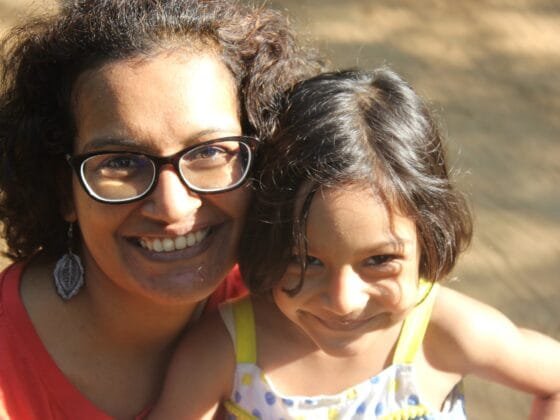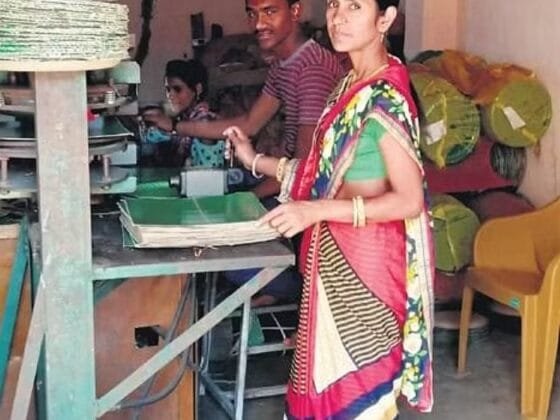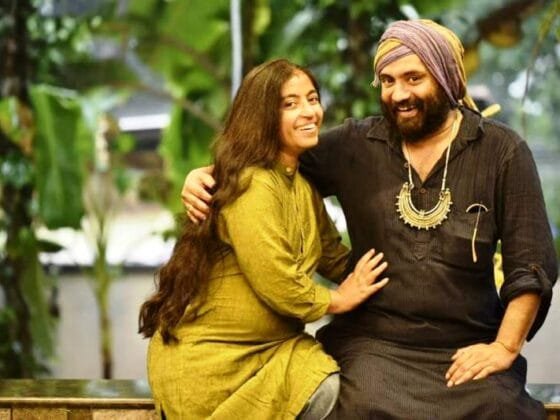Bollywood movies are often believed to be an absolute source of entertainment and thrilling action. Some upbeat songs, heroic adventures, Social Taboos, romanticism and a little twist- these are the perfect ingredients of a typical Bollywood movie. These movies reach millions of people and influence them to a great extent.
Apart from entertainment, these movies can help in educating the masses, diminishing social taboos, improving the social conditions and drawing inspiration from autobiographies. No wonder we often see Bollywood movies for entertainment and relaxation but there are some masterpieces that defy these social norms. Here is a list of 10 movies that targeted social taboos but did not gain the popularity and fame they deserved. These underrated movies could help in broadening the horizons of your mind and shatter the ongoing taboos by creating the much needed awareness.
Below are 10 movies that targeted Social Taboos
Achhut Kanya-social taboos

This movie of 1930’s showcases the deep rooted caste discrimination in India. The movie is set around a woman from lower caste and a Brahmin man. They both fall in love and have to face the cruelties of society. The movie is still relevant as the stigma around inter-caste love still prevails and continues to haunt many. The movie is a depiction of how love should not be bound into petty barriers of caste, race, religion etc.
Parched
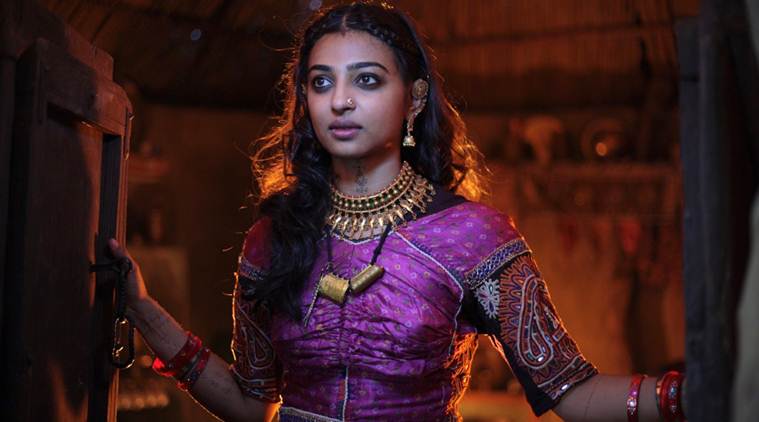
In India topics of females are often shunned and not supposed to talk about their needs, men, sex life or escape the institution of marriage as a whole. This movie shatters this belief by showcasing four rural Rajasthani women discussing these topics as they travel together. They discover their identities and explore themselves. This 2015 movie is a complete journey in itself.
Margarita With A Straw
This 2014 movie starring Kalki Koechlin depicts the life of a young woman suffering from cerebral palsy. This rebellious woman leaves India to pursue her studies abroad and later discovers her sexual identity. This movie targets the stigmas around homosexuality and mental illness. This movie had face backlashes and continued to remain far underrated.
Kya Kehna
This movie came out in 2000 with a powerful cast and story. It revolved around the stigma of pre-marital sex and pregnancy. This is an issue which is highly looked down upon in Indian society. The movie shows how males, despite being womanizers are able to escape their responsibilities and women who carry their babies are still frowned upon. People are too ashamed and shy to talk about such topics. The women are often viewed as impure or dogmatised. The stigma still prevails which makes this movie still relevant yet unpopular.
Aligarh

The movie is a biography based on a professor. A sting operation was carried to know the sexual orientation of that professor. The story continues and shows how the professor establishes a different and deep relation with the journalist responsible for the sting operation. The movie hits the audience with the harsh reality that homosexual people face. They are thrown out the of their jobs, socially boycotted and have to face derogatory remarks from people.
My Brother Nikhil
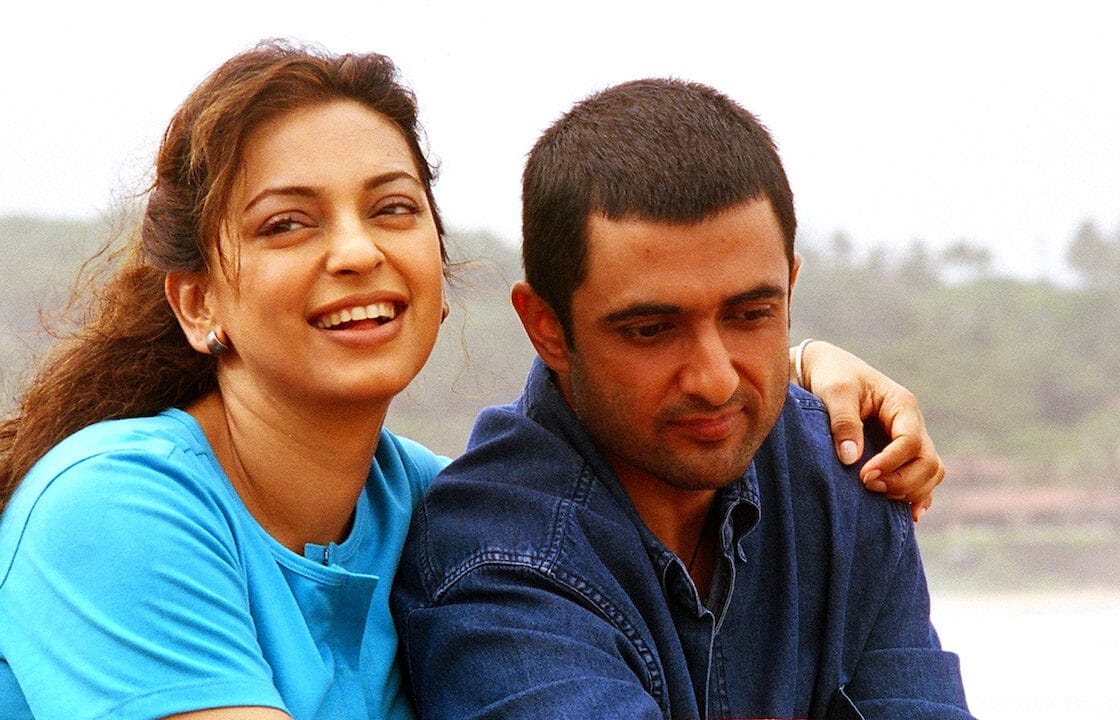
This movie highlights the age old taboo which revolves around HIV/AIDS. It is a story of a young boy named Nikhil and how his life becomes a roller coaster ride after he is diagnosed with this disease. People are still afraid to talk about the problem and are biased towards the patients. Despite various awareness campaigns and healthcare facilities, it remains a widespread disease. What worsens the problem is the orthodox mindset of people regarding Aids. This movie is hard hit on such issues.
Matrabhoomi- A Nation Without Women
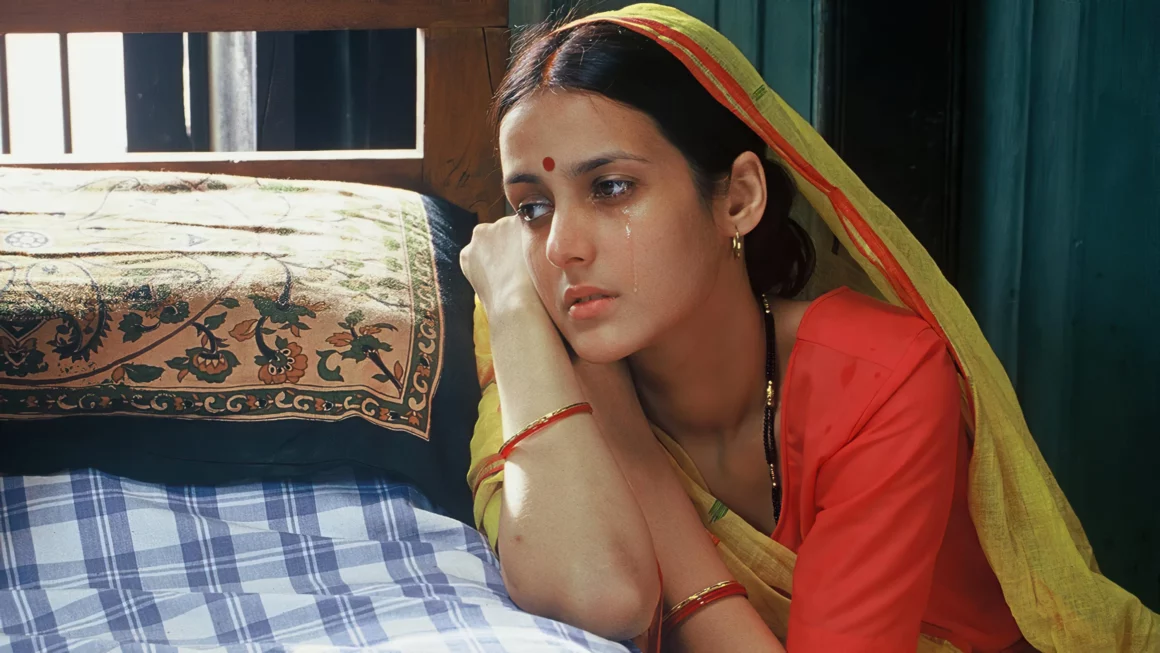
This movie portrays a world without women. In a society where a male child is desired, female foeticide and infanticide is widely prevalent and the custom of bride price becomes normal this reality shall soon dawn. It is a story of a village in which there comes a situation where there are no women to marry, no woman left to nurture or reproduce. This is the dark reality of Indian society which might become widespread if necessary measures are not taken. This movie is an eye opener for all the rigid minds who still believe in male dominance and supremacy.
Pakeezah

This movie was released in the 70’s perhaps too early for its time. The movie shows a love story between a prostitute woman called Sahibjaan and a man named Salim. The movie is an Indian musical romantic set in the olden times. The couple is unable to unite because of the social taboos. Sahibjaan’s aunt is against their union and people too condemn such marriage because of Sahib’s occupation. The movie reflects upon how prostitutes are ill-treated and placed on the lower rung of social classification.
Arth
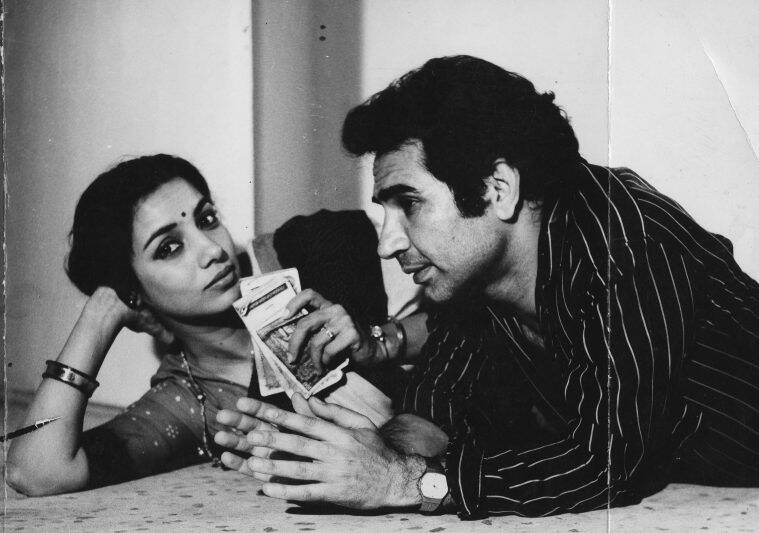
Extramarital affairs and widow remarriage are still a huge shush shush topic in India. This 80’s movie is a representation of the same. A semi- autobiographical movie showcases how an ambitious director falls in love with an actress and desserts his wife. The movie is believed to be set on Mahesh Bhatt’s love life and his ways. The movie was released in a time when extramarital affairs were not legal and had huge societal consequences.
Begum Jaan
The last movie on our list is Vidya Balan starrer Begum Jaan. A movie set in the times of partition. It shows a small village which has a brothel run by Begum Jaan. She wants to save her house and business from the ongoing political scenarios. It is a fight for the rights of prostitutes and sex workers that are often denied in our primitive society. The movie is a hard attack on patriarchy and politics. The social taboo around prostition is still seen in India and probably such infotainment movies are necessary to break those shackles.
Conclusion
The above given movies are just a few to name. There are several other award winning movies waiting to get their due recognition. Such movies based upon social norms and stigmas are important for people to understand the bigger picture. They help the victims and the oppressed to finally gather the courage to speak up for their rights and pave the way for future generations!

 Add to favorites
Add to favorites

